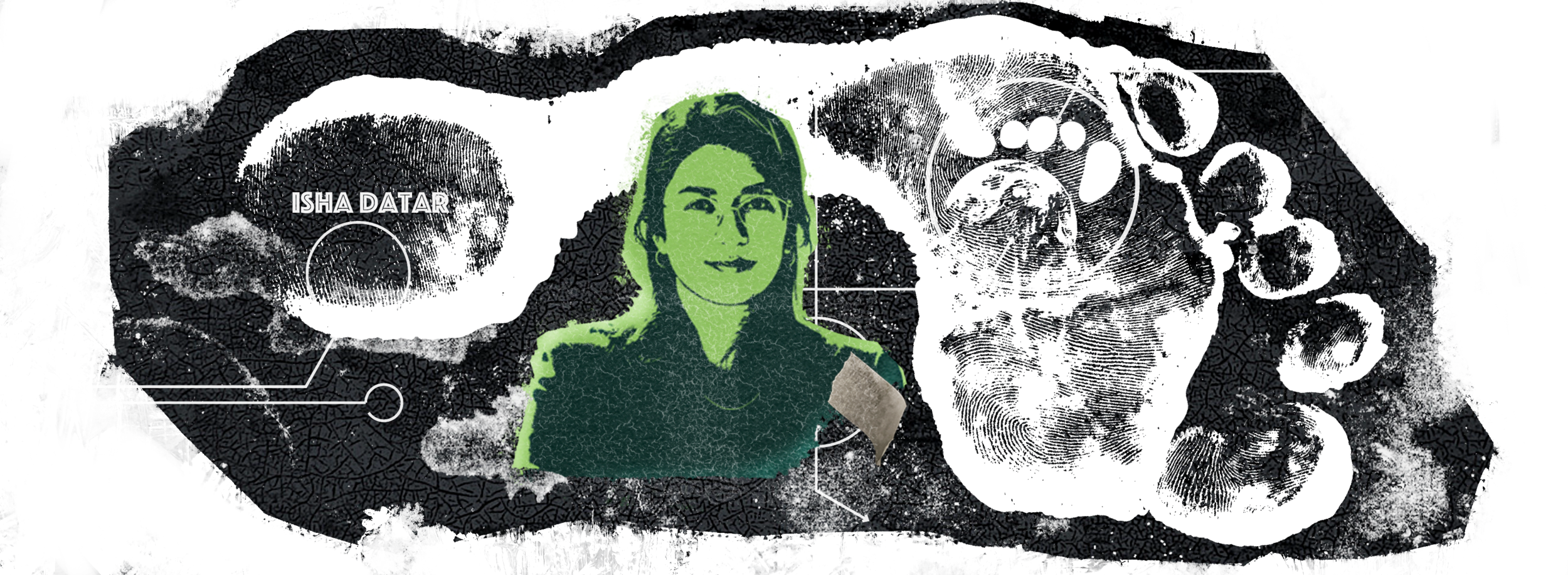Cellular Agriculture
Categories

Cellular agriculture is moving from science fiction to reality. Important progress has been made over the past decade, but there is still more to learn, study, and invent.
Science Lead: Isha Datar
Challenge Aims
This challenge is designed to support open access cellular agriculture research, both in and out of the lab.
By allocating funding to exploratory, open access projects we aim to create a deeper understanding and greater public knowledge of cellular agriculture and the impact it may have on our world.
What is cellular agriculture?
Cellular agriculture is the production of agricultural products such as meat, milk, and eggs from cell cultures rather than whole animals. See here for a Cell Ag 101 explainer.
Using several biotechnologies - such as synthetic biology, tissue engineering, and industrial fermentation - the concept has gained traction in recent years as a means for us to continue culinary traditions while escaping the many negative impacts of animal agriculture.
Illustration by Nick Counter for New Harvest // CC BY-NC-SA 4.0
Why this challenge now?
Over the past decade, cellular agriculture has grown from science fiction to over $1B invested in over 100 companies around the world dedicated to growing meat, milk, and eggs from cell cultures. Despite private sector enthusiasm, public research remains severely underfunded. Public research is not just important for advancing cellular agriculture technology - it is key to understanding its impact on the environment, public health, policy, and society.
What is the cellular agriculture challenge?
Thanks to the support of the Robert Downey Jr.'s FootPrint Coalition, we have $50,000 to contribute to cellular agriculture projects here on Experiment — a small and fast grant program to get new ideas off the ground quickly.
We will back eligible projects up to 50% of the project cost (up to $5,000/project), with the rest of the budget raised through crowdfunding. Check out the Researcher Guide for tips on crowdfunding such as how to find an audience, use your networks, and more. Projects are only funded if they reach their funding goal, so choose your budget carefully!
In addition, funded projects will be welcomed into the broader New Harvest research community, to provide additional support to accomplish your work.
What kind of projects are we looking for?
We are looking for projects that take place in or out of the lab. In fact, we are especially interested in projects exploring the social, economic, and political dimensions of cellular agriculture. For example...what policy interventions can ensure the land hypothetically freed up by cellular agriculture is used for carbon capture?
To answer these important questions, we are looking for people from all disciplinary backgrounds: tissue engineering, food policy, environmental science, sociology, economics, etc. We will prioritize researchers and projects from underrepresented backgrounds and topics. Above all, we want to help transformative projects get off the ground. So hit us with your wildest, most radical ideas! Scroll to the bottom of this page for full eligibility requirements.
Interested in studying the social science of cellular agriculture but not sure where to start? Check out these ideas for inspiration!
Projects timelines should be a maximum of 1 year in length. The project can be part of a larger research initiative, however, a clear research question and objectives should be outlined within 1 year.
All funded projects must contribute to the public body of knowledge and therefore must remain openly accessible.
For information on the project submission and funding process, view our Submission Guide.
About New Harvest
New Harvest is a different kind of organization, a nonprofit whose aim is to steward and develop an emerging technology and industry towards having the best possible impact on the world. Through a combination of industry-wide initiatives, research, and fellowship programs, we aim to drive technical excellence and the public good for cellular agriculture.
Over the last six years, New Harvest has supported 50+ scientists through our flagship research program, working on projects ranging from optimizing cell lines to building better bioreactors. Now, we’re on a quest to take our work a step further. This challenge is the first in a series of experiments about novel ways to support transformative research.
The best way to stay in the loop is to subscribe to our newsletter 👈
Questions?
Have any questions or need help developing a project? Feel free to reach out to us at breanna@new-harvest.org.
Part of the Footprint Coalition Science Engine
Illustrations by Nick Counter for New Harvest // CC BY-NC-SA 4.0
